Best movies & TV Shows like Man on Earth
A unique, carefully handpicked, selection of the best movies like Man on Earth Starring Tony Robinson, and more. If you liked Man on Earth then you may also like: The 11th Hour, The Arrival, Everything's Cool, An Inconvenient Truth, The Great Global Warming Swindle and many more popular movies featured on this list. You can further filter the list even more or get a random selection from the list of similar movies, to make your selection even easier.
Man on Earth is a four-part British documentary television series presented by Tony Robinson. The programme documents the effects of climate change across 200,000 years of human history. The series premiered 7 December 2009 on Channel 4 with 1.4 million viewers. Accompanying Robinson to help explain the science are archaeologist Dr. Jago Cooper and climate modeller Dr. Joy Singarayer.
You may filter the list of movies on this page for a more refined, personalized selection of movies.
Still not sure what to watch click the recommend buttun below to get a movie recommendation selected from all the movies on this list
The Arrival
Zane Ziminski is an astrophysicist who receives a message that seems to have extraterrestrial origins. Eerily soon after his discovery, Zane is fired. He then embarks on a search to determine the origins of the transmission that leads him into a Hitchcockian labyrinth of paranoia and intrigue.
Everything's Cool
In this documentary, filmmakers Daniel B. Gold and Judith Helfand (Blue Vinyl) follow a troupe of self-proclaimed global warming "warriors" on a mission to get the world to care about rising temperatures and melting polar ice caps. Taking a topic that's inherently serious and applying their signature blend of humor and emotional heft, Gold and Helfand advance the environmental dialogue in a surprisingly entertaining way.
An Inconvenient Truth
A documentary on Al Gore's campaign to make the issue of global warming a recognized problem worldwide.
The Great Global Warming Swindle
This film tries to blow the whistle on what it calls the biggest swindle in modern history: 'Man Made Global Warming'. Watch this film and make up your own mind.
Earth 2100
Experts say over the next hundred years the "perfect storm" of population growth, resource depletion and climate change could converge with catastrophic results. The scenarios in Earth 2100 are not a prediction of what will happen but rather a warning about what might happen.
The Search for a New Earth
In this landmark film Professor Hawking, alongside engineer and radio astronomy expert Professor Danielle George and a former student, Christophe Galfard, join forces to find out if, and how, humans can reach for the stars and relocate to different planets. Travelling the globe, they meet top scientists, technologists and engineers who are working to answer our biggest questions: is there another planet out there that we could call home? How will we travel across the vast distances of space to get there? How will we survive the journey? And how will we set up a new human civilization on an alien world? Taking in the latest advances in astronomy, biology and rocket technology from the Atacama Desert to the wilds of the Arctic, viewers will discover a whole world of cutting edge research. This programme shows that Professor Hawking’s ambition isn’t as fantastical as it sounds - and that science fiction is closer to science fact than we ever thought.
Hot Planet
Professor Iain Stewart and Professor Kathy Sykes take a timely look at global warming, exploring the world's leading climate scientists' vision of the planet's future.
Climate Change: A Horizon Guide
Dr Helen Czerski delves into the Horizon archive to chart the transformation of a little-known theory into one of the greatest scientific undertakings in history.
Mad and Bad: 60 Years of Science on TV
From Raymond Baxter live on Tomorrow's World testing a new-fangled bulletproof vest on a nervous inventor to Doctor Who's contemporary spin on the War on Terror, British television and the Great British public have been fascinated with the brave new world offered up by science on TV. Narrated by Robert Webb, this documentary takes a fantastic, incisive and funny voyage through the rich heritage of science TV in the UK, from real science programmes (including The Sky At Night, Horizon, Tomorrow's World, The Ascent of Man) to science-fiction (such as The Quatermass Experiment, Doctor Who, Doomwatch, Blake's 7, The Hitchhiker's Guide to the Galaxy), to find out what it tells us about Britain over the last 60 years.
Under Thin Ice
Two Canadian experts in underwater filming, Mario Cyr and Jill Heinerth, join forces for the first time to record how Arctic wildlife is adapting to the dramatic effects of climate change.
Changing Climates, Changing Times
Year 2060. Climate predictions made at the beginning of the 21st century have turned out to be dramatically true: global warming of the Earth's atmosphere now has serious consequences on the every day lives of our grandchildren.
David Attenborough: A Life on Our Planet
The story of life on our planet by the man who has seen more of the natural world than any other. In more than 90 years, Attenborough has visited every continent on the globe, exploring the wild places of our planet and documenting the living world in all its variety and wonder. Addressing the biggest challenges facing life on our planet, the film offers a powerful message of hope for future generations.
The Age of Stupid
The Age of Stupid is the new movie from Director Franny Armstrong (McLibel) and producer John Battsek (One Day In September). Pete Postlethwaite stars as a man living alone in the devastated future world of 2055, looking at old footage from 2008 and asking: why didn’t we stop climate change when we had the chance?
Nuclear Now
With unprecedented access to the nuclear industry in France, Russia, and the United States, Nuclear Now explores the possibility for the global community to overcome the challenges of climate change and energy poverty to reach a brighter future through the power of nuclear energy. Beneath our feet, Uranium atoms in the Earth’s crust hold incredibly concentrated energy. Science unlocked this energy in the mid-20th century, first for bombs and then to power submarines. The United States led the effort to generate electricity from this new source. Yet in the mid-20th century as societies began the transition to nuclear power and away from fossil fuels, a long-term PR campaign to scare the public began, funded in part by coal and oil interests.
Adam Ruins Everything
Host Adam Conover employs a combination of comedy, history and science to dispel widespread misconceptions about everything we take for granted.
Heston's Feasts
Heston's Feasts is a television cookery programme starring chef Heston Blumenthal and produced by Optomen for Channel 4. The programme follows Blumenthal as he conceptualizes and prepares unique feasts for the entertainment of celebrity guests. The first series premiered on 3 March 2009, followed by a second series of seven episodes beginning in April 2010.
MysteryQuest
MysteryQuest is an American Paranormal television series that premiered on September 16, 2009 on the History channel. Produced by KPI Productions, the program is a spin-off of MonsterQuest. The tagline of the show is: "What if everything you believe is wrong?"
Time Team
Time Team is a British television series which has been aired on British Channel 4 from 1994. Created by television producer Tim Taylor and presented by actor Tony Robinson, each episode featured a team of specialists carrying out an archaeological dig over a period of three days, with Robinson explaining the process in layman's terms. This team of specialists changed throughout the series' run, although has consistently included professional archaeologists such as Mick Aston, Carenza Lewis, Francis Pryor and Phil Harding. The sites excavated over the show's run have ranged in date from the Palaeolithic right through to the Second World War.
Man, Moment, Machine
Man, Moment, Machine was a television series which aired on The History Channel and was hosted by Hunter Ellis. It documented an important event in history and went into detail about, as the title suggests, the man and his background, the machine and how it was made, and the outcome.
The Naked Archaeologist
The Naked Archaeologist is a television show produced for VisionTV in Canada and History International in the US that is hosted and prepared by the Emmy Award–winning journalist Simcha Jacobovici together with Avri Gilad. The show ultimately reviews Biblical stories, then tries to find proof for them by exploring the Holy Land looking for archaeological evidence, personal inferences, deductions, and interviews with scholars and experts. Subsequent to its original run on VisionTV, it was picked up in the U.S. by The History Channel and its sister network, History International. The third season began airing on Vision TV on March 22, 2010 and on History International on November 8, 2010.
Battlefield Detectives
Battlefield Detectives is a forensic documentary television series that aired on the History Channel from 2003 to 2006. The series explores famous battles focusing on the battlefield itself, and tell its story based on recent scientific research. It uses modern science to examine how the battles were won or lost. According to History Television, "This series approaches the perennially interesting topic of famous battles in a fresh and exhilarating way. Focusing on the battlefield itself, each programme takes an important battle telling its story and posing a puzzling central question about the battle that recent scientific research is helping to illuminate - a contemporary journey of discovery and a compelling story from the past."
When We Left Earth : The NASA Missions
When We Left Earth: The NASA Missions or NASA's Greatest Missions: When We Left Earth in the UK is a Discovery Channel HD documentary miniseries consisting of six episodes documenting American human spaceflight, spanning from the first Mercury flights through the Gemini program to the Apollo moon landings, the Space Shuttle, and the construction of the International Space Station. It was created in association with NASA to commemorate the agency's fiftieth anniversary in 2008. It first aired on June 8, 2008, and concluded on June 22. Each airing consisted of two hour-long episodes. The miniseries was released on DVD on July 10, 2008, and was released on Blu-ray disc on August 12. The third episode, "Landing the Eagle", was re-aired on July 20, 2009 for the 40th anniversary of the Apollo 11 moon landing. It featured improved images from the moonwalk.
Destroyed In Seconds
Destroyed in Seconds is a half-hour American television series that airs on Discovery Channel. Hosted by Ron Pitts, it features video segments of various things being destroyed fairly quickly such as planes crashing, explosions, sinkholes, boats crashing, fires, race car incidents, floods, etc. The nature of the show closely resembles Real TV. The show uses real video of real events, and commentary explaining the destruction portrayed. Most videos have stock sound effects added. Some of the events seen resulted in fatalities, and all of the events have property damage. It is currently on hiatus.
How the Earth Was Made
HISTORY goes to the ends of the earth to find where our world began. Forged from fire and ice, formed by floods, volcanoes, asteroids and earthquakes, our planet tells a dynamic geological story. What are mega-tsunamis? What happens when you have millions of years of rain? Visual effects, location filming and stunning aerial photography bring viewers back 4.5 billion years to enjoy a unique window on our world. How the Earth Was Made peels back time like layers of rock to reveal the origins of the place we call home.
Clash of the Gods
Clash of the Gods is a one-hour weekly mythology television series that premiered on August 3, 2009 on the History channel. The program covers many of the ancient Greek and Norse Gods, monsters and heroes including Hades, Hercules, Medusa, Minotaur, Odysseus and Zeus.
Catastrophe
This spectacular five-part series, presented by Tony Robinson, investigates the history of natural disasters, from the planet's beginnings to the present, putting a new perspective on our existence – that we are the product of catastrophe. Using the latest CGI effects and featuring scientific experts, the series reveals how the evolution of life on Earth has been shaped by lethal catastrophes that have caused mass extinctions, almost to the point of wiping out life altogether.
A History of Scotland
Presented by Neil Oliver, A History of Scotland is a television series first broadcast in November 2008 on BBC One Scotland and later shown UK-wide on BBC Two during January 2009. The second series began on BBC One Scotland in early November 2009, with transmission at a later point on network BBC Two. Along with the series, BBC Scotland planned a range of radio programmes, a new website, an interactive game, and concerts. The Open University, in collaboration with the BBC, also created a series of audio walks around historic locations in Scotland, with narration from Oliver. In Australia, series one aired on SBS One Sundays at 7:30pm from 6 December 2009 to 3 January 2010. Series two commenced on 24 October 2010 running until 21 November in the same Sunday night Lost Worlds strand. It has since been repeated.
America: The Story of Us
America: The Story of Us is a six-part, 12-hour documentary-drama television miniseries that premiered on April 25, 2010, on History channel. Produced by Nutopia, the program portrays more than 400 years of American history. It spans time from the successful English settlement of Jamestown beginning in 1607, through to the present day. Narrated by Liev Schreiber, the series recreates many historical events by using actors dressed in the style of the period and computer-generated special effects. The miniseries received mixed reviews by critics; but it attracted the largest audiences of any special aired by the channel to date.
Inside Nature's Giants
Inside Nature's Giants is a British science documentary, first broadcast in June 2009 by Channel 4. The documentary shows experts performing dissection on some of nature's largest animals, including whales and elephants. The programme is presented by Mark Evans. The series attempts to uncover the secrets of the animals examined. Mark is assisted by evolutionary biologists Richard Dawkins and Simon Watt, and comparative anatomist Joy Reidenberg. The show is currently airing on PBS in the United States and repeats are currently airing on Eden and Watch in the UK. There is an iPad application that allows you to see every animal the show have worked on close up.
Sci Fi Science: Physics of the Impossible
Sci Fi Science: Physics of the Impossible is an American documentary television series on Science which first aired in the United States on December 1, 2009. The series is hosted by theoretical physicist Michio Kaku and is based on his book Physics of the Impossible. In each episode, Dr. Kaku addresses a technological concept from science fiction and designs his own theoretical version of the technology using currently-known science. He also visits scientists developing technology related to the episode's concept.
Weird Nature
Weird Nature is a 2002 documentary television series produced by John Downer Productions for the BBC and Discovery Channel. The series features strange behavior in nature—specifically, the animal world. The series now airs on the Science Channel. The series took three years to make and a new filming technique was used to show animal movements in 3D. Each episode, however, tended to end with a piece about how humans are probably the oddest species of all. For example, in the end of the episode about locomotion, the narrator states how unusual it is for a mammal to be bipedal. In the episode about defences, the narrator explains that humans have no real natural defences, save for their big brains.
Before We Ruled the Earth
Before We Ruled the Earth is a two-part documentary television miniseries that premiered on February 9, 2003 on the Discovery Channel. The program featured early human history and the challenges human beings faced thousands of years ago. It also features animals examples such as: ⁕Woolly mammoth ⁕Megantereon ⁕American buffalo ⁕Cave bear ⁕Irish elk The first episode was called "Hunt or Be Hunted" and the second called "Mastering the Beasts."
Gigglebiz
Gigglebiz is a children's television programme made in the UK. There have been two series, first broadcast on CBeebies, the BBC's younger children's channel, in 2009 and 2011. The programme's star and creator is Justin Fletcher, who plays the chief characters in all the comic sketches. Some sketches are filmed in the studio; one regular external location is Portmeirion, used for the town of Wiggyville where the Captain Adorable sketches are set. The sketches are interspersed with 'Giggle Box' - film segments of children viewers telling Justin jokes. The first series was broadcast in September 2009 and comprised 25 15-minute episodes. The second series of 15 episodes was shown in January 2011. The new series saw some characters disappear to make way for new ones.
How Earth Made Us
In each episode, geologist Iain Stewart describes how a certain geological force played a determinant part in human history. Culture may render people less dependent on nature, it still interacts with it, and actually increases the importance of such natural resources as minerals and fossil fuels.
Earth: The Climate Wars
Dr Iain Stewart traces the history of climate change from its very beginning and examines just how the scientific community managed to get it so very wrong back in the Seventies.
How to Grow a Planet
Geologist Iain Stewart explain in three stages of natural history the crucial interaction of our very planet's physiology and its unique wildlife. Biological evolution is largely driven bu adaptation to conditions such as climate, soil and irrigation, but biotopes were also shaped by wildlife changing earth's surface and climate significantly, even disregarding human activity.
Years of Living Dangerously
Featuring some of Hollywood’s most influential stars, Years of Living Dangerously reveals emotional and hard-hitting accounts of the effects of climate change from across the planet.
Lost Kingdoms of Central America
Dr Jago Cooper explores the rise and fall of the forgotten civilisations of Central America.
The Home That 2 Built
The series looked back at British lifestyle television programmes shown on the channel from across the decades, with episodes on the 1960s, 1970s, 1980s, 1990s and the 2000s.
A Timewatch Guide
Series looking at how the BBC has revealed and interpreted monumental moments in our history. Using the BBC archive, the programmes examine changes in research covered in documentary television.
Evolution Earth
Traveling to the far corners of the world, we discover the extraordinary ways animals are adapting to our rapidly changing planet. We witness nature’s remarkable resilience, as our perception of evolution and its potential is forever transformed.
Our Planet
Experience our planet's natural beauty and examine how climate change impacts all living creatures in this ambitious documentary of spectacular scope.
Seven Worlds, One Planet
Millions of years ago, incredible forces ripped apart the Earth’s crust creating seven extraordinary continents. This documentary series reveals how each distinct continent has shaped the unique animal life found there.
Pop Quiz
A British television quiz programme hosted by Mike Read that originally aired on BBC1 from 4 July 1981 to 28 December 1984, with a Top of the Pops special on 4 January 1994. It was then revived from 21 May to 9 July 1994 on the same channel but this time with Chris Tarrant in charge.
A Perfect Planet
A unique fusion of blue chip natural history and earth science that explains how our living planet operates. This five-part series shows how the forces of nature drive, shape and support Earth’s great diversity of wildlife.
Climate Change: Ade on the Frontline
Ade Adepitan travels to the frontline of climate change. He discovers how life is being affected even now and scours the globe for potential solutions.
Monty Halls' Great Escape
Monty Halls' Great Escape is a British television programme broadcast on BBC Two from 1 March 2009. Marine biologist Monty Halls escapes from the city to be a crofter in Applecross in the west of Scotland. In five episodes, Halls converts a down-trodden cattle shed - "beachcomber cottage" - into a small self-supporting farm, whilst documenting the local wildlife and society. A second series, Monty Halls' Great Hebridean Escape began airing on 21 April 2010. In Australia, it aired as Monty Halls' Island Escape starting on 28 December 2012. "Monty Halls' Great Irish Escape" was first aired on 11 August 2011.
An Optimist’s Guide to the Planet
Follow Nikolaj Coster-Waldau’s search for the people, ideas, traditions, and attitudes – the solutions – which will transform fear of the future into hope, climate angst into optimism and human disconnection into engagement. In each of the six episodes, Nikolaj and his affable team criss-cross the globe exploring humanity, witnessing its power for good and learning about some of the remarkable solutions (both old and new) that inspire his optimism for the future.
Merchants of Doubt
Spin doctors spread misinformation and confusion among American citizens to delay progress on such important issues as global climate change.

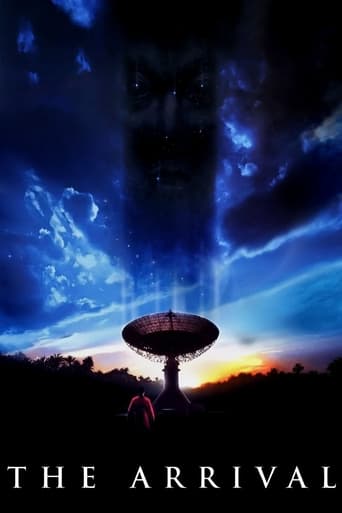
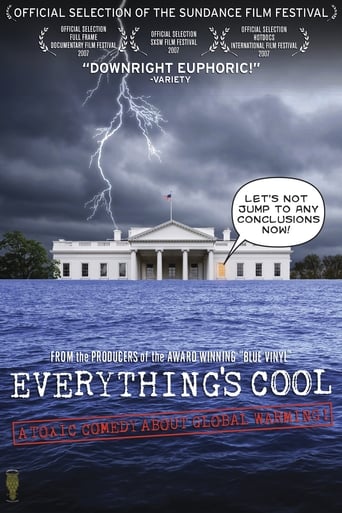
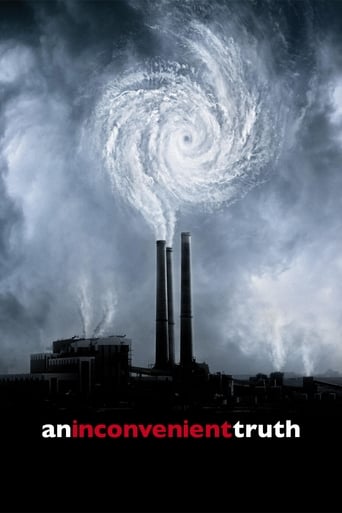






































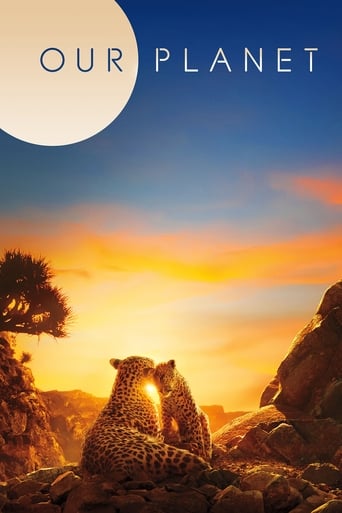





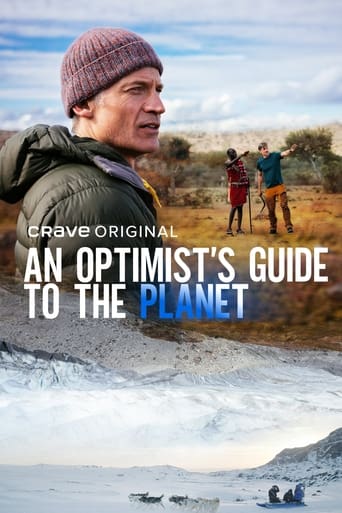
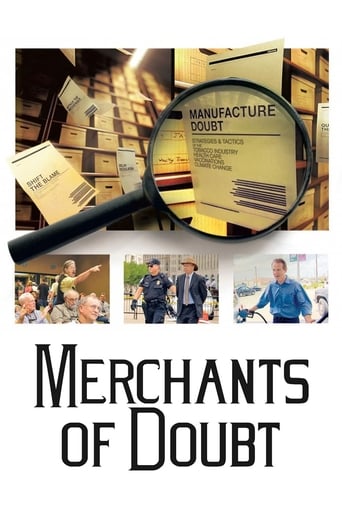


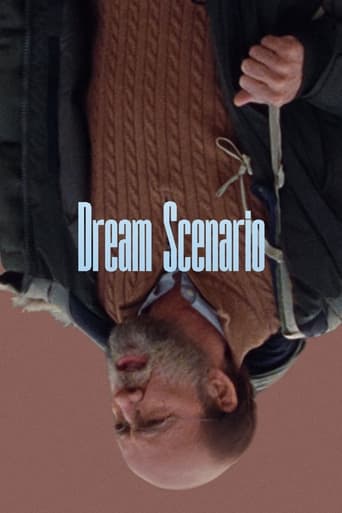
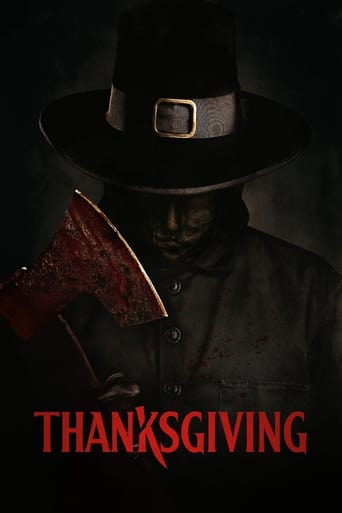
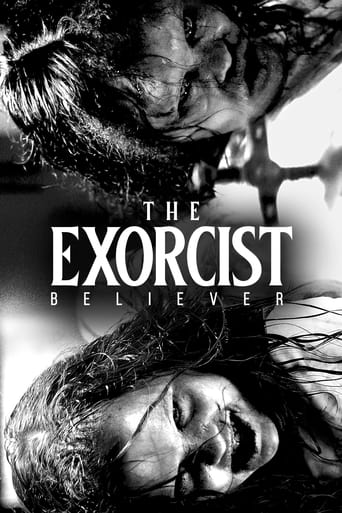

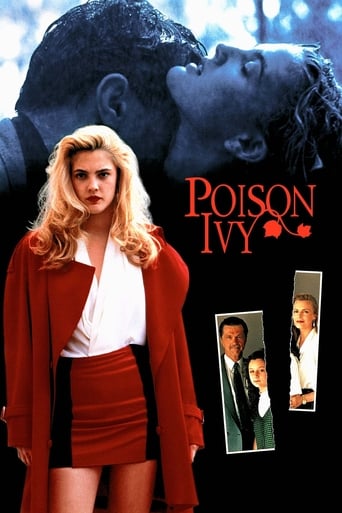
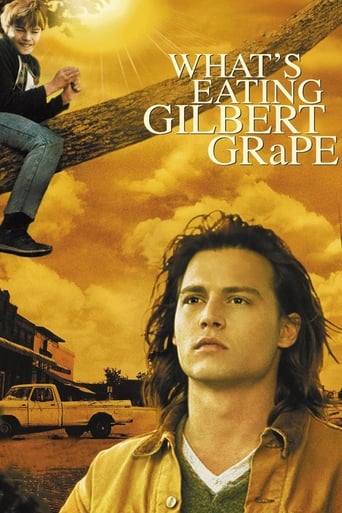
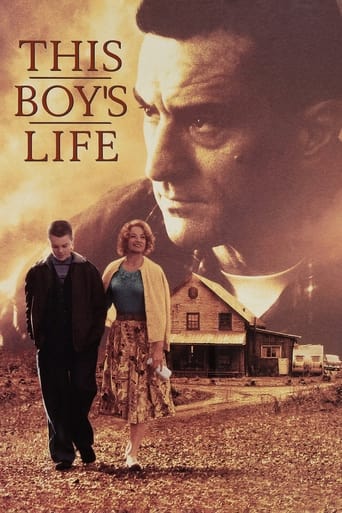
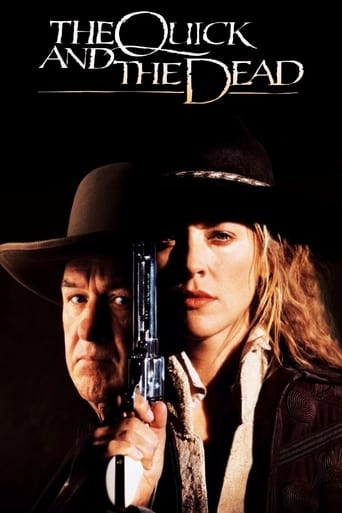
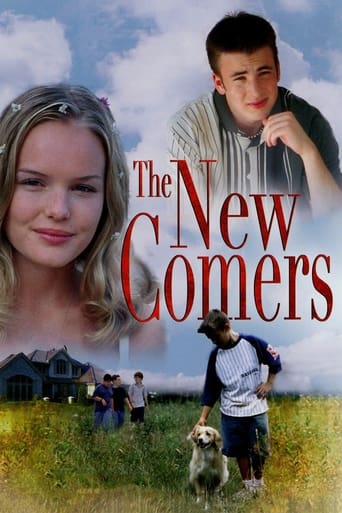
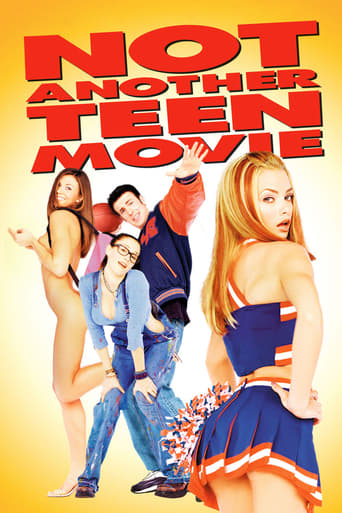
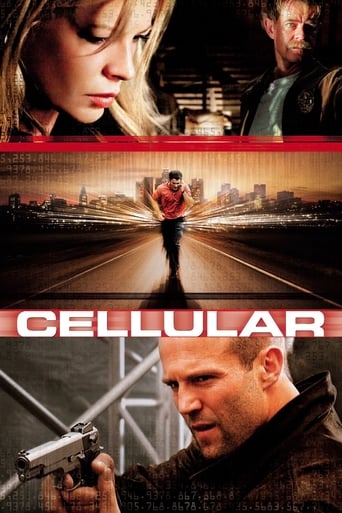
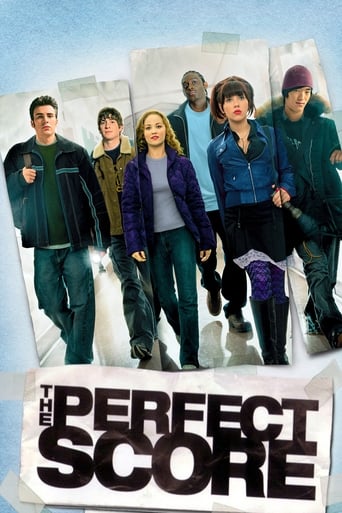
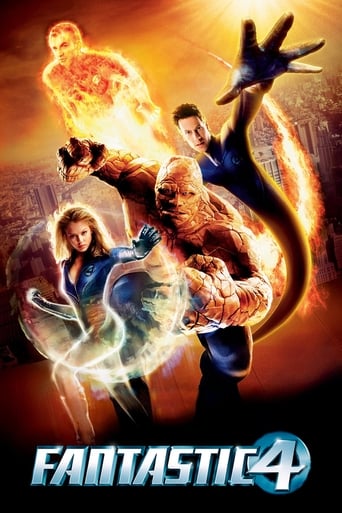
The 11th Hour
A look at the state of the global environment including visionary and practical solutions for restoring the planet's ecosystems. Featuring ongoing dialogues of experts from all over the world, including former Soviet Prime Minister Mikhail Gorbachev, renowned scientist Stephen Hawking, former head of the CIA R. James Woolse